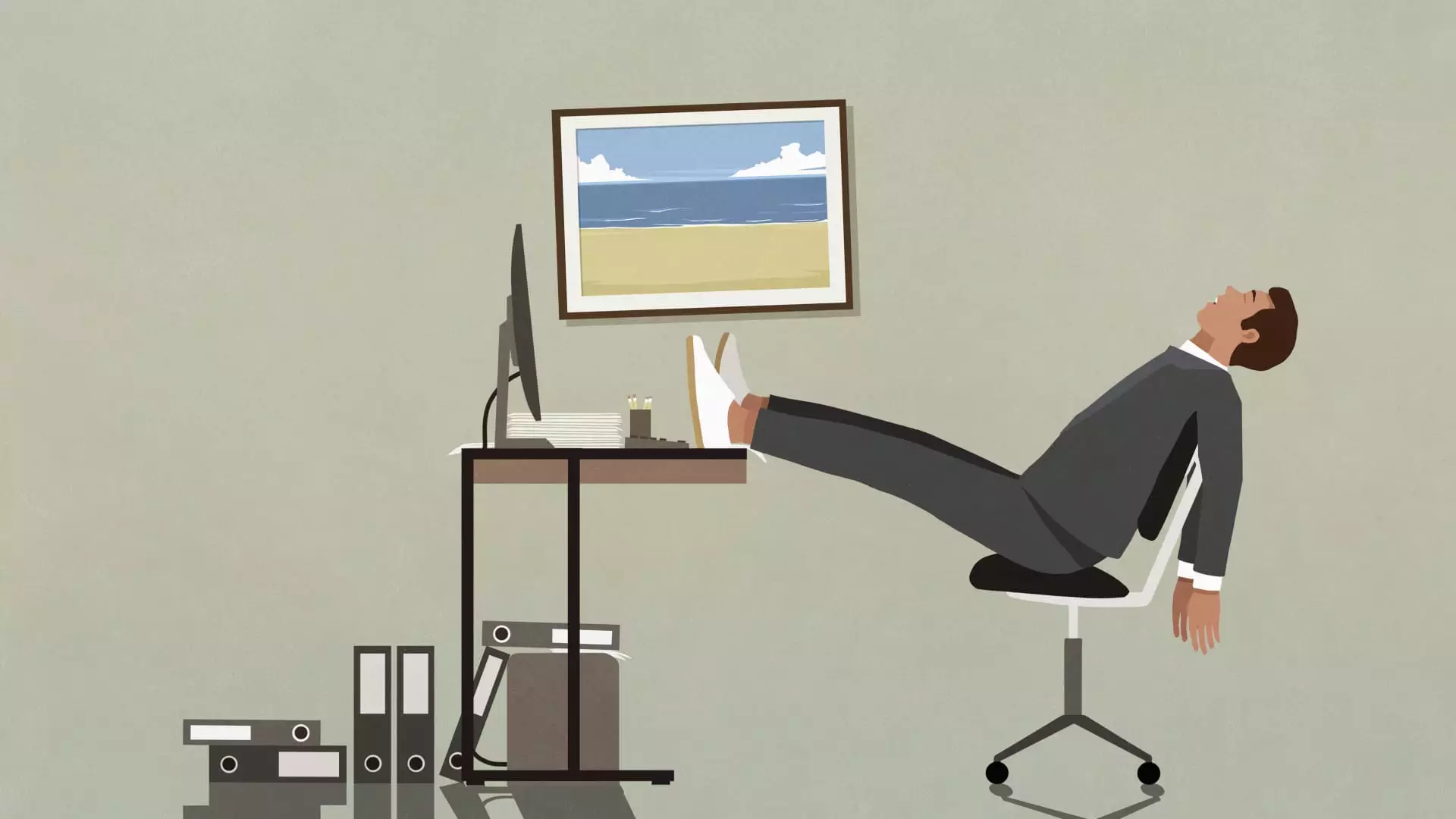The recent report published by Expedia sheds light on the global phenomenon of vacation deprivation, with nearly two in three workers feeling deprived of adequate time off. Surprisingly, this feeling is most prevalent among cultures that actually take the most vacation days, such as Germans and French respondents who report not having enough time off despite taking 27 and 29 days off, respectively. On the other hand, respondents from countries like the United States and Japan, who take the least amount of time off per year with just 11 and 12 days respectively, have lower percentages of feeling vacation deprived. This stark contrast challenges the common assumption that taking more vacation days automatically translates into feeling more refreshed and recharged.
The Expedia report highlights that the feeling of being “vacation deprived” is not solely dependent on the number of days off but is heavily influenced by cultural attitudes towards work and leisure time. For instance, the French view time off as a fundamental right, contrasting sharply with Americans who often see vacations as a guilty pleasure. This fundamental difference in perception can explain why even a month-long vacation may not seem sufficient to the average French worker, while Americans may feel guilt or hesitation in taking time off due to societal expectations.
One of the intriguing findings from the report is the variation in vacation planning and utilization among different cultures. For example, workers in Hong Kong are meticulous in planning their leave, ensuring that not a single day goes unused. This proactive approach is in stark contrast to American workers who tend to save their vacation days for a big annual trip, often resulting in some leave lapsing. Similarly, while Singaporeans are efficient in utilizing their annual leave with only one day on average going unused, Japanese workers tend to leave a significant portion of their days off unused, despite reporting the lowest levels of “vacation deprivation.”
Another aspect highlighted in the report is the frequency of time off taken by workers in different countries. Japanese workers, for example, are more likely to take a day off monthly, allowing for more frequent breaks from their routines compared to Americans who typically take time off in bigger chunks. This approach to time off can influence the overall feeling of being vacation deprived, as frequent mini-breaks may provide a sense of rejuvenation and prevent burnout.
A critical factor affecting vacation deprivation is the level of employer support for taking time off. The report reveals that in countries like Germany, where only 42% of workers feel their employers support their vacation time, there is a higher prevalence of vacation deprivation. In contrast, countries like Hong Kong, where 80% of workers believe their employers are supportive of taking vacation time, workers are more likely to plan and utilize their leave effectively, resulting in a healthier work-life balance.
The Expedia report on vacation deprivation offers valuable insights into the varying attitudes towards time off across different cultures. It challenges the common belief that taking more vacation days automatically results in feeling less vacation deprived and emphasizes the importance of cultural perceptions, vacation planning, and employer support in shaping individuals’ experiences with time off. By reexamining these factors and understanding the underlying reasons for vacation deprivation, individuals and organizations can work towards promoting a healthier work-life balance and mitigating the negative impacts of burnout and stress.

